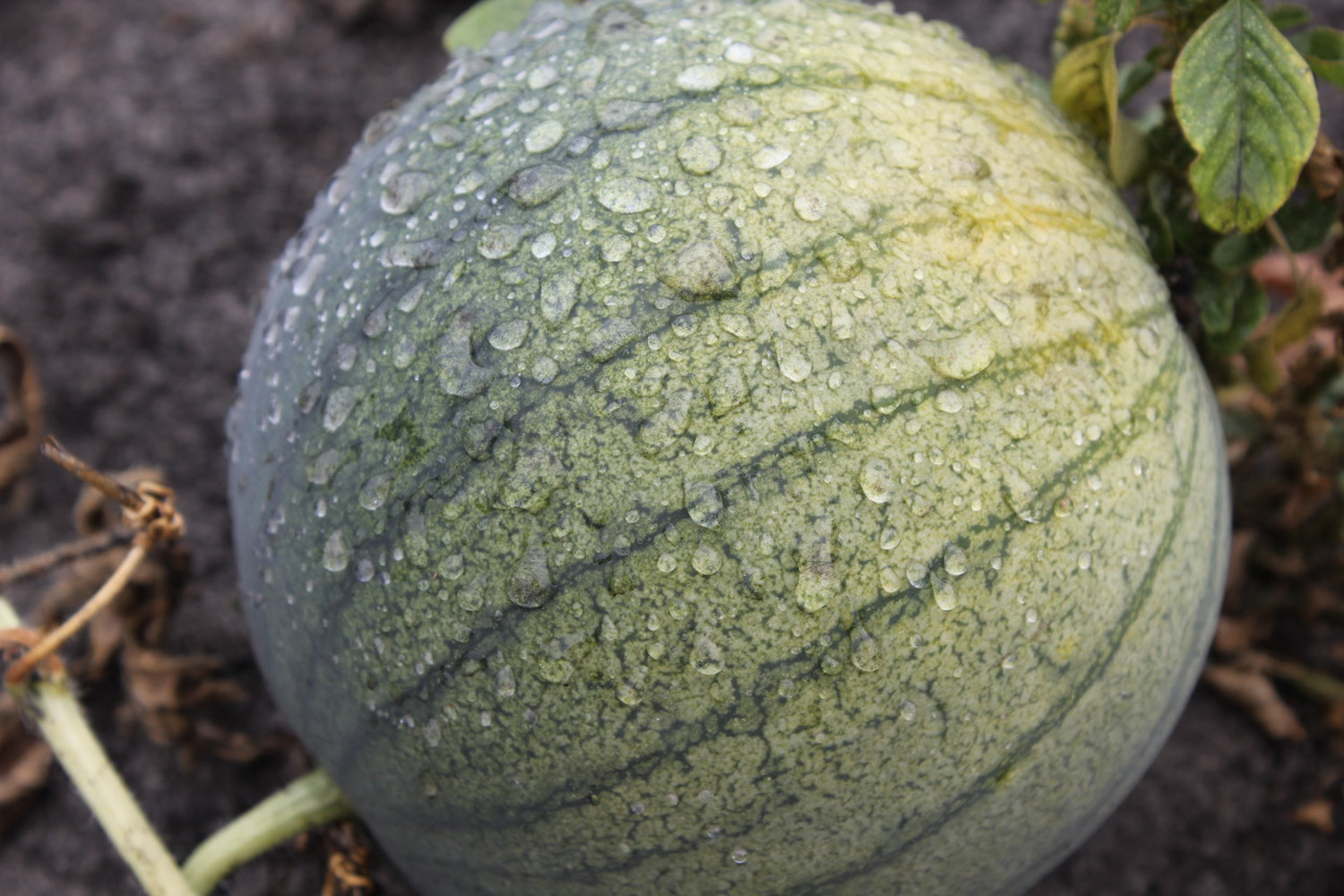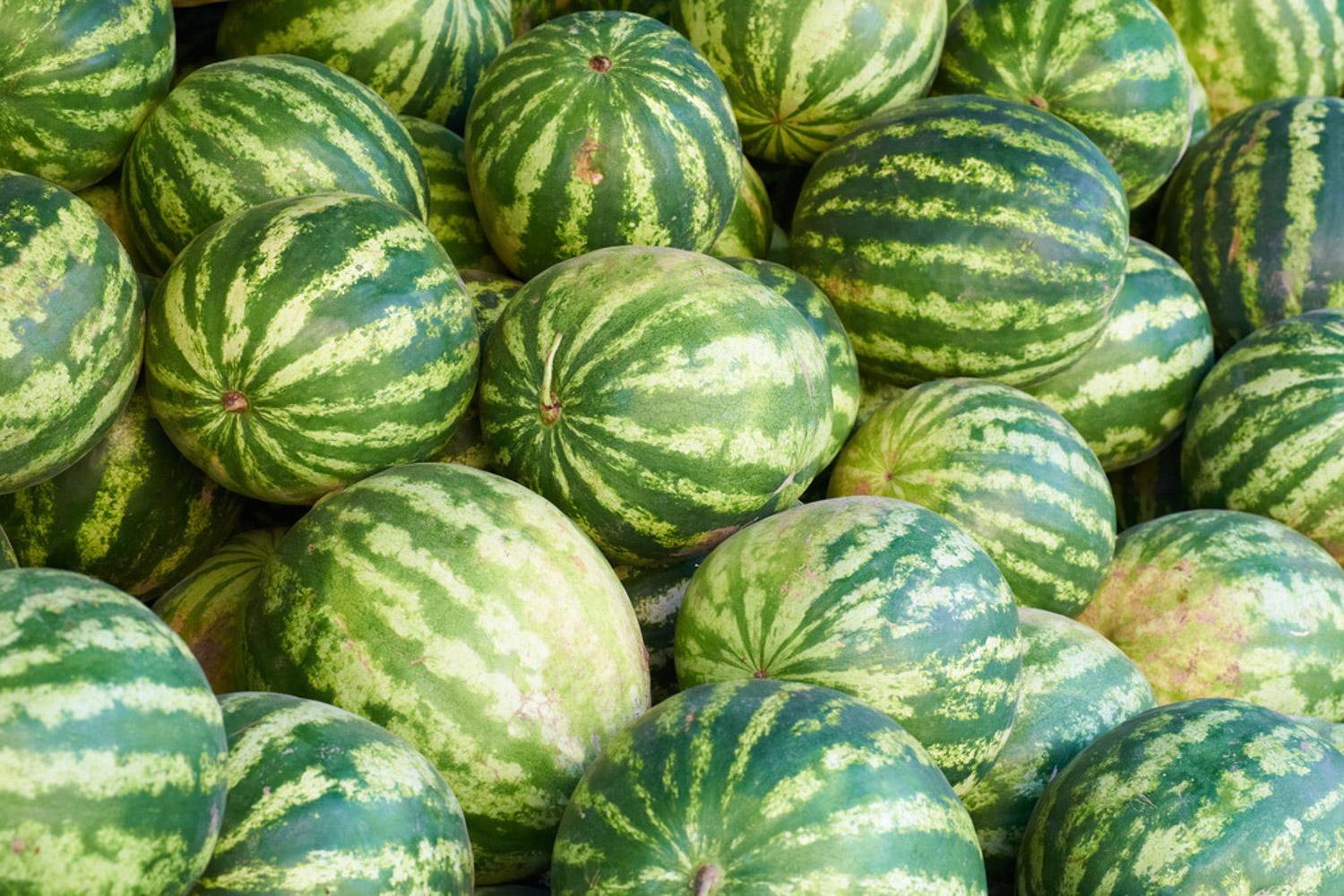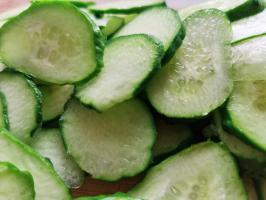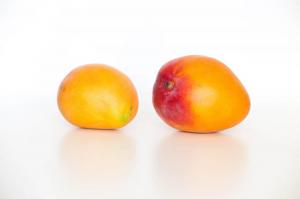1. Is watermelon high in sugar
The sugar content of watermelon is not high.
Normally speaking, the sugar content of general fruit is between 10% and 15%. According to the Chinese food composition table, the sugar content of watermelon is only between 5% and 12%, which is lower than the maximum sugar content of ordinary fruits. Therefore, relatively speaking, the sugar content of watermelon is not high. It can be regarded as a fruit with low sugar content.
People think that the high sugar content of watermelon may be because it tastes sweet. But in fact, eating sweet does not directly mean that its sugar content is high. Sweetness is related to the type of sugar and the content of organic acids contained in it. There are few organic acids in watermelon, but the sugar is mainly fructose with the highest sweetness among natural monosaccharides, so it will feel very sweet.

Watermelon has high water content, which is easy to enhance the sense of satiety, but it will not lead to excessive calories. It can be a good partner for weight loss. However, we should pay attention to the right amount. Eating too much watermelon will also have a bad effect.
2. What happens if you eat too much watermelon
Weight gain: watermelon contains a lot of fructose. It doesn't matter to eat it in moderation. But if you eat too much, you will eat too many calories. This may lead to its conversion into fat and then weight gain.

Gastrointestinal discomfort: watermelon is a seasonal fruit in summer. Eating watermelon can relieve heat and fever appropriately. People are often used to freezing it before eating it. But too cold watermelon will make the intestines and stomach too cold, resulting in some symptoms such as abdominal pain and diarrhea.
Oral ulcer: watermelon has the effect of calming the fire, but eating too much will stimulate the oral cavity, resulting in oral ulcer.
Excessive water loss: watermelon has a lot of water content. After eating a lot, it may increase the number of urination, resulting in a large loss of water in the body.


 The efficacy and fun...
The efficacy and fun... The efficacy and fun...
The efficacy and fun... The benefits of eati...
The benefits of eati... Why is Mimosa called...
Why is Mimosa called... What can't mango be ...
What can't mango be ... The efficacy and fun...
The efficacy and fun... Is watermelon a frui...
Is watermelon a frui...
































